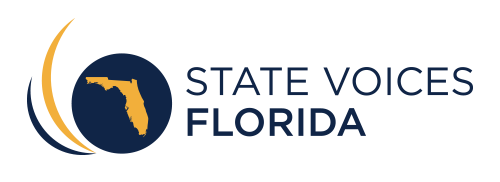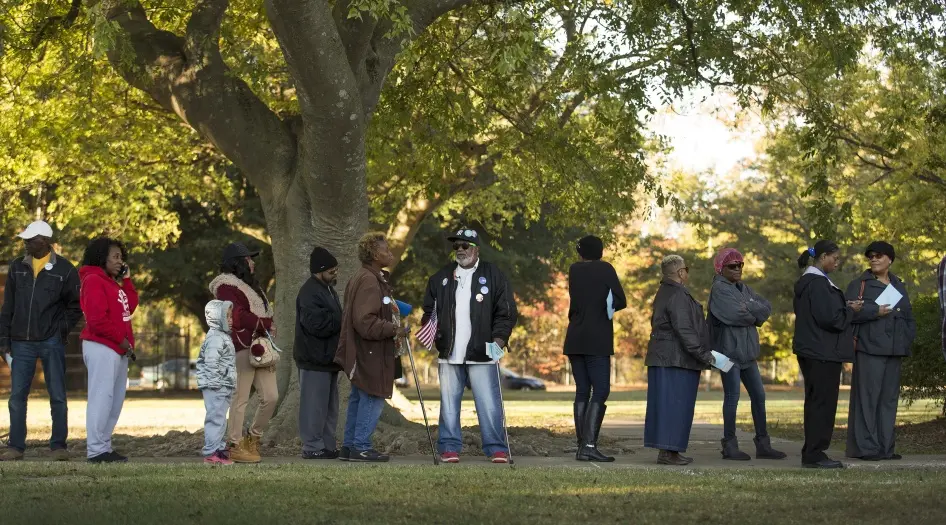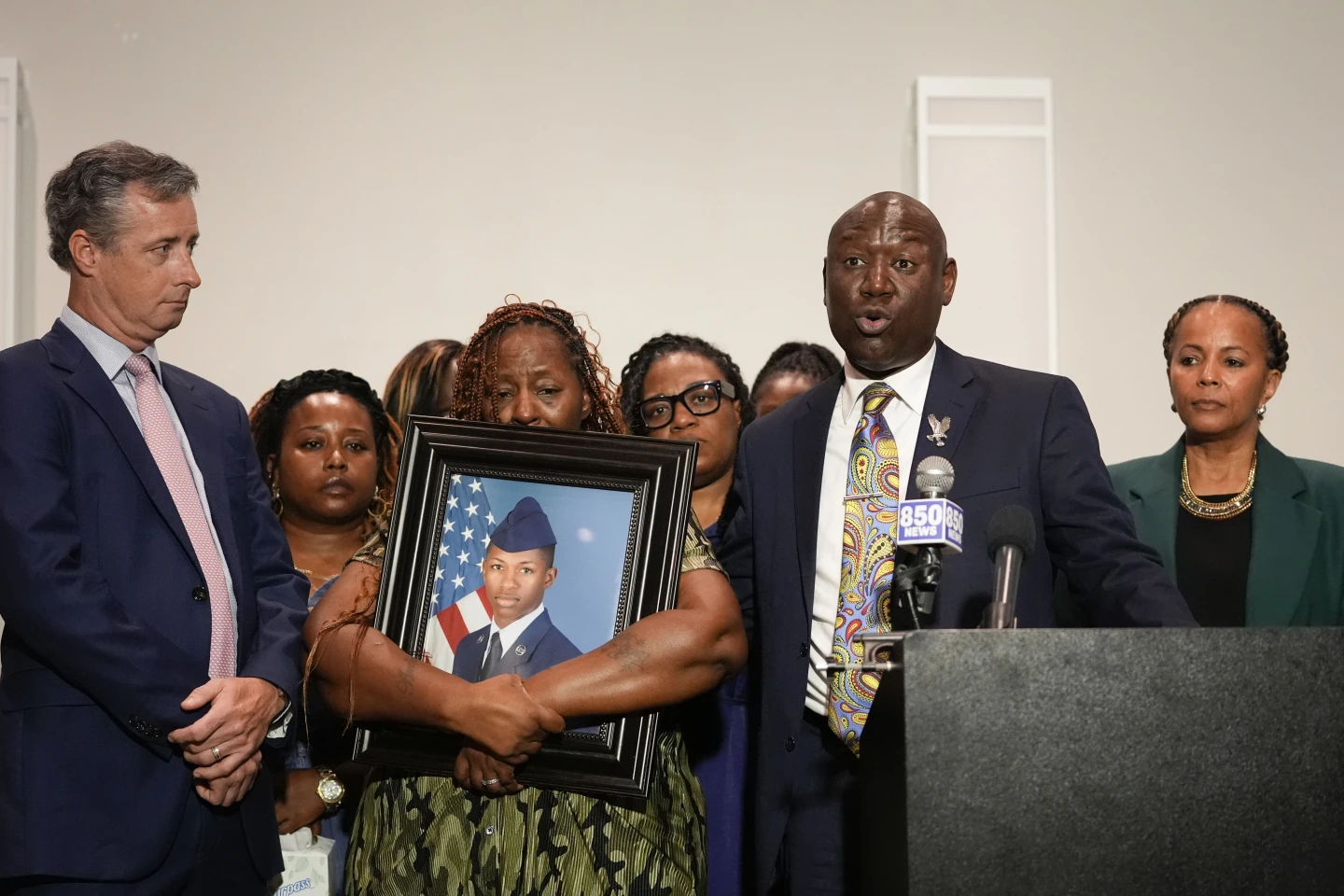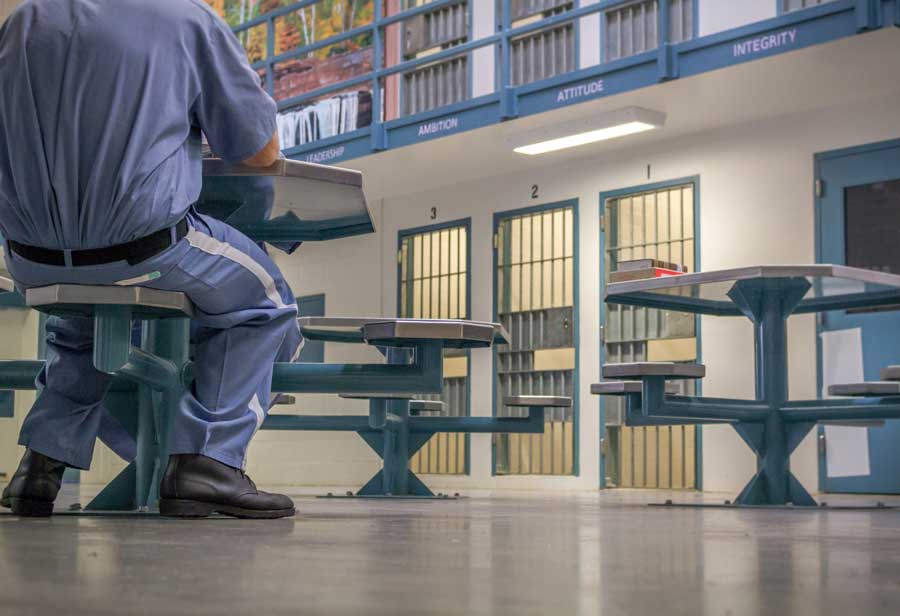With concerns about election dis- and misinformation coursing through the election cycle this year, a group of Florida voting rights and social justice groups are calling on every state and county elected official to be aware of election laws and communicate that information accurately to their constituents.
More than two dozen groups — led by All Voting is Local Florida, the NAACP Florida State Conference, Common Cause Florida, and the ACLU of Florida — have written a letter to state legislators and county commissioners stressing the critical role that they play in combating bogus information.
“While dis- and misinformation about our elections have circulated for many years, the 2020 election acted as the impetus for sowing doubt regarding the safety and security of our voting systems, particularly in relation to falsehoods perpetuated around the safety and reliability of vote-by-mail ballots,” the missive begins.
“All election disinformation is dangerous; according to POLITICO, ‘disinformation alone has now become the single biggest threat to electoral integrity in many countries around the world, meaning that what election authorities have traditionally seen as their biggest obligation — organizing technically competent free and fair elections — is no longer enough.’”
On the afternoon of May 3, Roger Fortson opened the door of his Florida apartment with a gun in his hand and was immediately shot six times by a sheriff’s deputy responding to a complaint about an argument.
Fortson’s supporters point to the deputy’s rapid decision to open fire and his mere presence at the apartment — where the Air Force senior airman was apparently alone and FaceTiming with his girlfriend — as proof that it was a blatantly unjustified killing and the latest tragedy involving a Black American being shot at home by law enforcement. Authorities, meanwhile, have seized on Fortson holding a gun when he answered the door to cast the shooting as a clear-cut case of self-defense for a deputy confronted with a split-second, life-or-death decision.
Investigators will consider these factors when deciding whether to charge the deputy in a case that also reflects the realities officers face every day in a country where millions of people carry guns, including in Florida, one of the largest gun ownership states.
The Legislature last year started awarding inmates free calls based on good behavior.
Calls home to family can offer the incarcerated a lifeline to the outside world. Now, the Senate wants more opportunities for prisoners to earn phone time for good behavior.
The latest offer from the Senate Criminal and Civil Justice Appropriations Committee budgets $2 million to a phone call savings pilot program for prison inmates’ families.
The Department of Corrections last year launched a pilot program that would make a limited number of phone calls free and to dole those out to inmates demonstrating good behavior.



